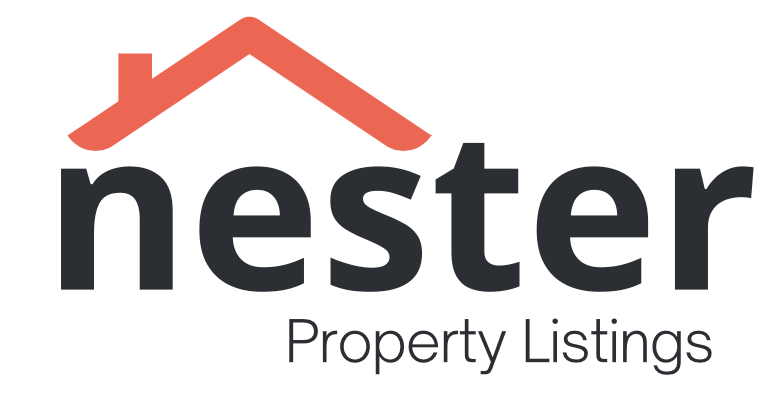Renting a house privately can offer several advantages for both tenants and landlords. By bypassing traditional real estate agents and property management companies, individuals can save on fees and have more control over the rental process. However, it is crucial to consider some important factors before entering into a private house rental agreement. This article will explore the advantages of renting a house privately, provide tips for successful private rentals, and outline the essential documentation needed for such arrangements.
Advantages of Renting a House Privately
-
Cost-effectiveness: One of the primary advantages of renting a house privately is the potential for cost savings. By eliminating the involvement of real estate agents or property management companies, tenants can avoid paying hefty fees typically associated with these services. This can result in lower monthly rental costs or provide an opportunity to negotiate more favorable terms directly with the landlord.
-
Flexibility and direct communication: Renting a house privately allows tenants to have direct communication with the landlord. This can be beneficial when discussing lease terms, negotiating repairs or improvements, or addressing any concerns promptly. The absence of intermediaries can lead to more flexibility in terms of lease lengths, rental agreements, and individualized arrangements that suit both parties’ needs.
-
Streamlined decision-making process: Renting a house privately often leads to a faster decision-making process. Without the need for multiple parties to review and approve applications, tenants can expect a quicker response and a smoother rental process overall. This can be particularly advantageous for those seeking immediate housing solutions or facing time constraints.
Important Considerations for Private House Rentals
-
Thorough property inspection: When renting a house privately, it is crucial for tenants to conduct a comprehensive inspection of the property before signing any agreements. This includes assessing the condition of the house, checking for potential maintenance issues, ensuring all amenities are in working order, and documenting any existing damages. Clear communication with the landlord about necessary repairs or replacements is vital to avoid conflicts later on.
-
Background checks and references: It is essential for both tenants and landlords to conduct thorough background checks and obtain references. Tenants should provide their previous rental history, employment details, and personal references, while landlords should verify this information and screen potential renters for their financial stability and reliability. This process helps ensure a mutually beneficial and secure rental arrangement for all parties involved.
-
Understanding legal obligations: Private house rentals still involve legal obligations, and it is vital to understand the applicable laws and regulations. Both tenants and landlords should familiarize themselves with local rental laws, including eviction procedures, maintenance responsibilities, and lease termination rules. Consulting legal professionals, if necessary, can help clarify any uncertainties and avoid potential legal complications in the future.
How to Successfully Rent a House Privately
-
Do thorough market research: Before engaging in private house rentals, tenants should research the local rental market to gain insights into average rental prices, preferred neighborhoods, and available amenities. This information will help set realistic expectations and allow for accurate budgeting.
-
Prepare necessary documents: Tenants should ensure they have all the required documentation ready, including proof of income, identification, employment details, and previous rental history. Having these documents readily available will facilitate a smoother application process and increase the chances of securing the desired rental property.
-
Communicate effectively: Effective communication between landlords and tenants is key to a successful private house rental. Clear and open communication about expectations, responsibilities, and any concerns that may arise throughout the rental period is vital for maintaining a healthy landlord-tenant relationship.
Essential Documentation for Private House Rentals
-
Rental Application: This document contains the potential tenant’s personal information, employment details, rental history, and references. It helps the landlord assess the suitability of the tenant and make an informed decision.
-
Lease Agreement: A lease agreement outlines the terms and conditions of the rental, including the rental amount, duration, security deposit details, and maintenance responsibilities for both parties. It is a legally binding document that protects the rights and obligations of both tenants and landlords.
-
Condition Report: This report documents the condition of the property at the beginning and end of the tenancy. It helps mitigate disputes regarding existing damages and ensures fair assessment of the property’s condition.
Renting a house privately can be a beneficial option for both tenants and landlords. It offers cost-effectiveness, flexibility, and streamlined decision-making processes. However, it is important to thoroughly inspect the property, conduct background checks, and understand legal obligations to ensure a successful rental experience. With the right considerations, preparation, and communication, renting a house privately can provide a satisfactory and mutually beneficial housing solution.

